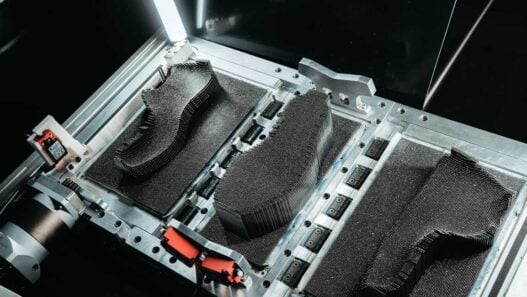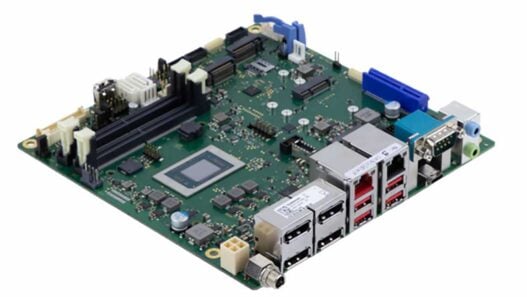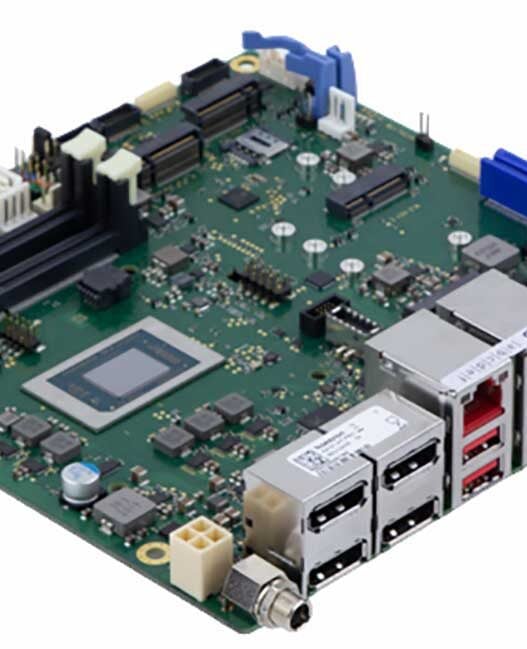This new study, published in the journal Nature, highlights the chip’s increased speed and energy efficiency, potentially revolutionising the application of AI in various sectors.
While the new chip, named the All-Analogue Chip Combining Electronics and Light (ACCEL), is not yet ready to replace existing chips in computers or smartphones, its potential applications in wearable devices, electric cars, and smart factories are noteworthy. This development could enhance China’s competitive edge in the mass application of AI, a crucial area where the country is rapidly trying to catch up with the United States, especially in light of recent US technology curbs.
ACCEL stands out for its unique light-based technology, utilising photons for computing and information transmission, thus achieving remarkable computing speeds. In a laboratory test, the chip reached 4.6 peta-floating point operations per second (PFLOPS), which is 3,000 times faster than Nvidia’s A100, a widely used commercial AI chip. Furthermore, it consumes 4 million times less energy.
This advancement is particularly significant considering China’s limited access to advanced lithography machines needed to produce chips like the A100, which are also subject to US sanctions. The ACCEL was developed using a more accessible and cost-effective 20-year-old transistor fabrication process by China’s Semiconductor Manufacturing International Corporation.
Researchers from Tsinghua University’s automation and electronic engineering departments believe that the chip’s performance could be further optimised. Unlike conventional semiconductor chips, ACCEL leverages the intrinsic physical properties of light, replacing transistors with ultramicroscopes and electrical signals with light signals. This approach not only enhances energy efficiency but also helps overcome heat dissipation challenges, a significant barrier in miniaturising integrated circuits.
Despite its impressive capabilities, ACCEL’s analogue computing architecture means it is specialised for specific tasks and cannot perform general computing functions like those in smartphones. Its strengths lie in high-resolution image recognition, lowlight computation, and traffic identification, with advantages in AI vision tasks due to its ability to process environmental light directly.
The project received funding from the Chinese Ministry of Science’s National Key Research and Development Programme and the National Natural Science Foundation of China. MakeSens, a Beijing-based chip design company involved in the chip’s development, has already launched a low-powered chip using analogue computing earlier this year.
Dai Qionghai, a co-leader of the research team, emphasised the importance of transitioning this breakthrough from a novel computing architecture to practical applications that address national and public needs. As the AI era progresses, the focus now shifts to harnessing this innovative technology for real-world solutions, though questions about the chip’s commercial viability remain open.













